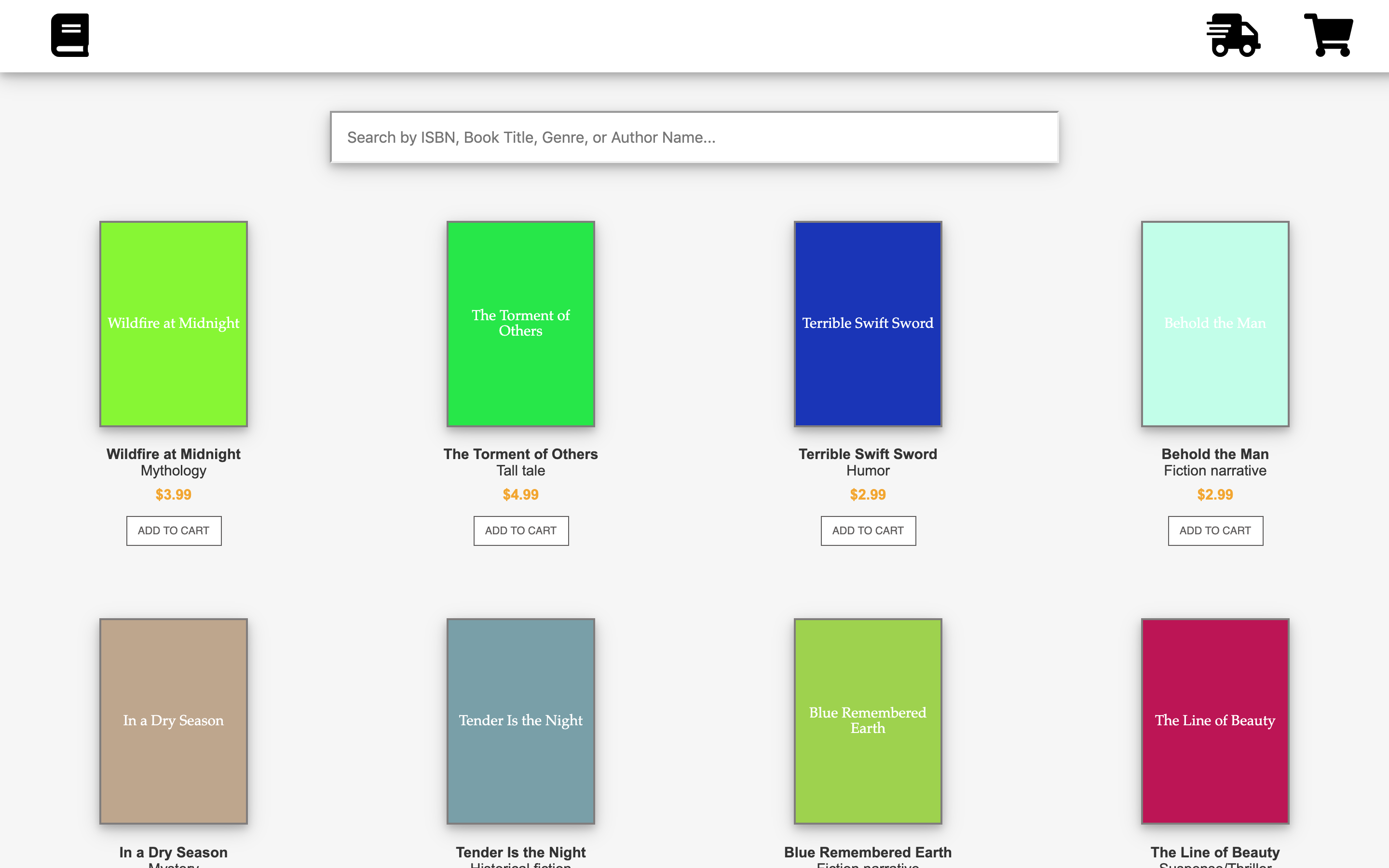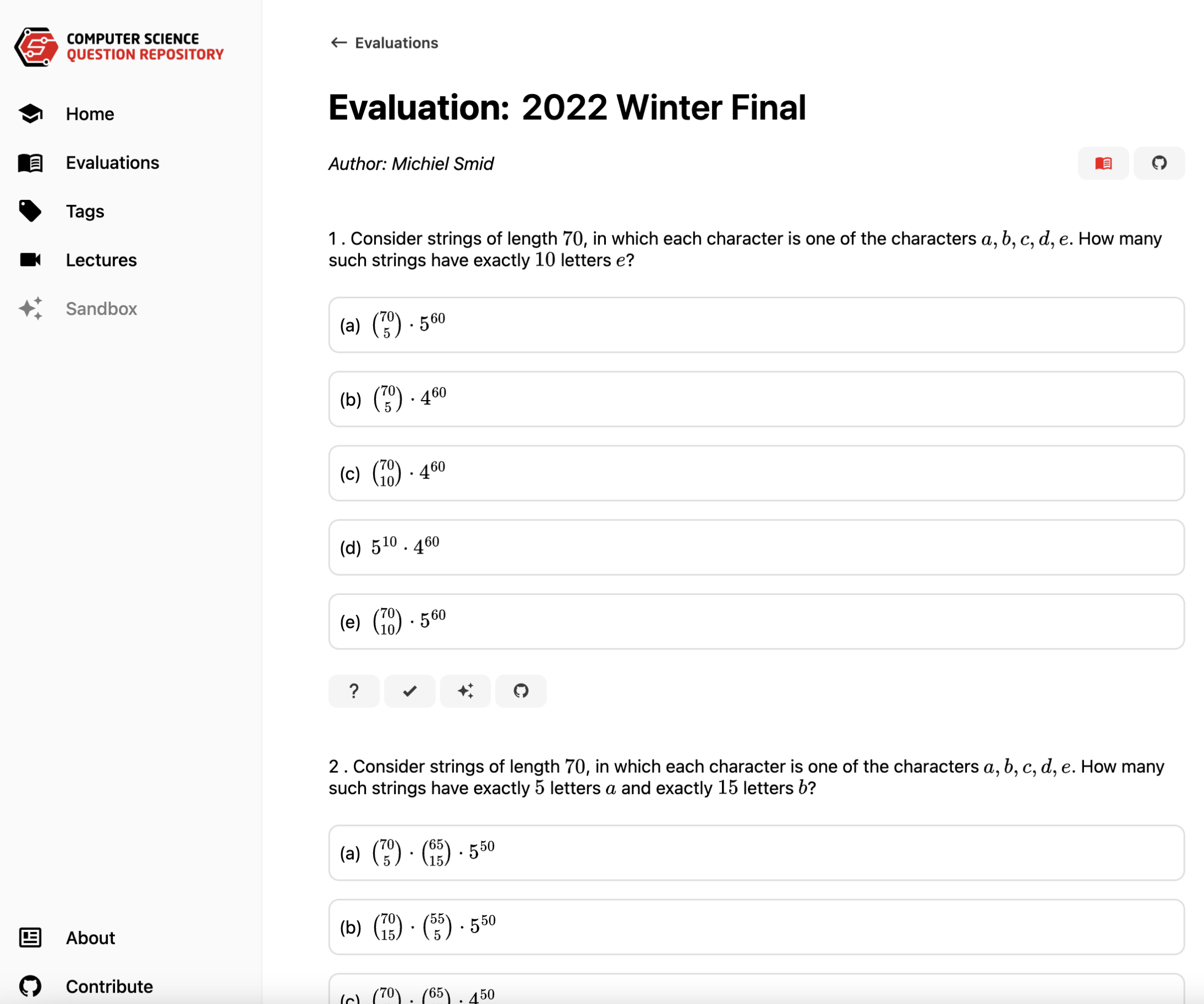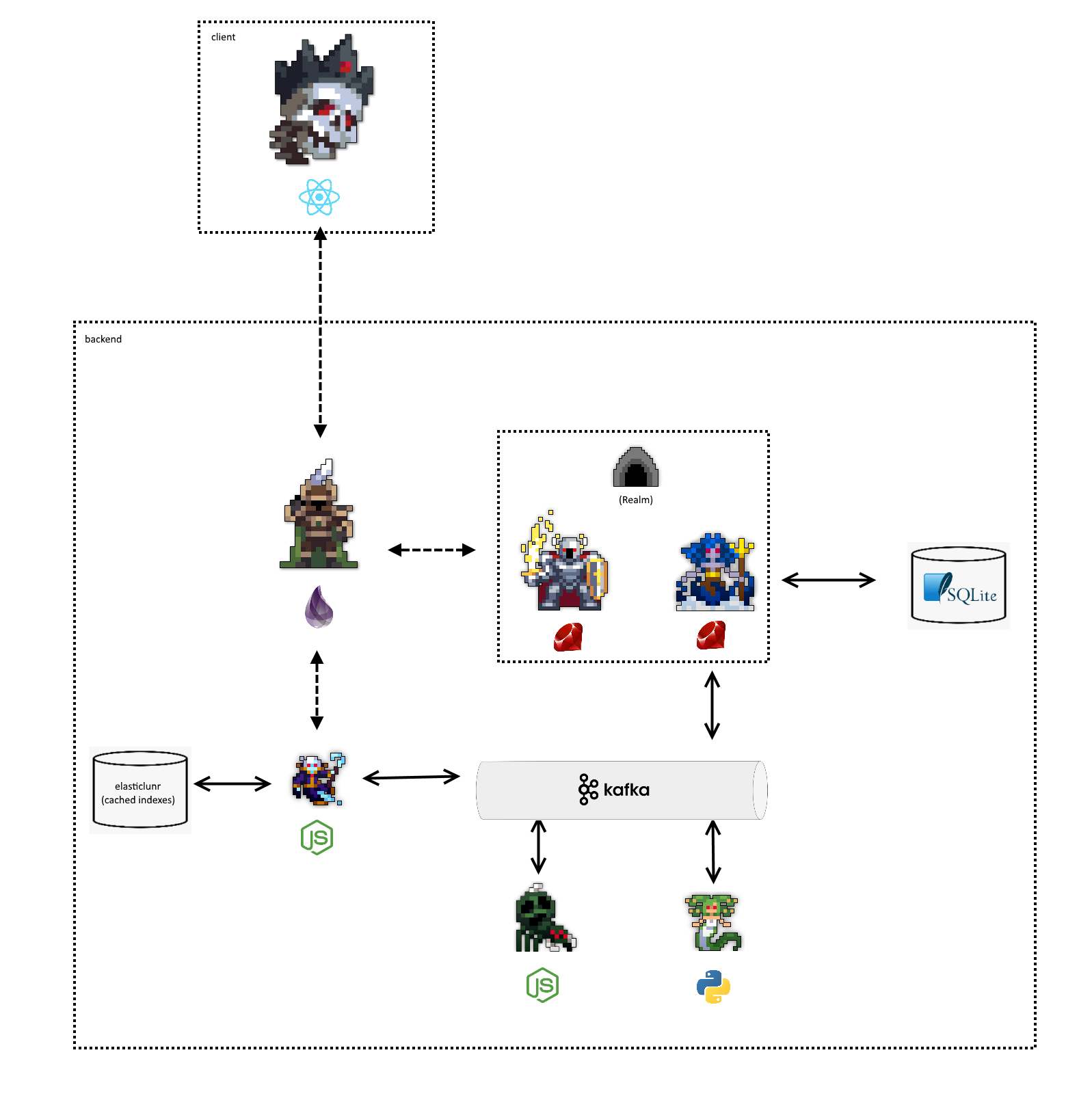3.4. Build Your Portfolio
During your time at university, you’ll work on a number of projects — especially in your upper-year electives, where you often have the freedom to choose what you want to build.
Don’t just see these projects as assignments to complete for a grade. See them as opportunities to grow your portfolio.
Whenever you have the chance to build something, ask yourself:
- Can I use this to learn a new skill or technology?
- Can I turn this into something I’d be proud to show an employer?
- Can I create something that’s useful beyond this course, instead of something I’ll just throw away after?
A lot of students say they don’t have time to build extra projects outside of class. That’s fair — coursework does take time. But if you approach your coursework strategically, you can kill two birds with one stone: fulfill the course requirements and build something that strengthens your portfolio. It actually saves you time in the long run.
(We’ll take a deeper dive into what makes a great project in Chapter 6.1.
Personal Examples
Here are a few examples of projects I built at Carleton University where I went beyond the basic requirements and created something valuable for my portfolio:
Bookstore Application
In my second year, I took a databases course where the final project was to build a simple “Bookstore” app. Most students just made a basic CLI tool that could add, remove, and search books in a database — that’s all you needed to pass.
Instead, I used it as an opportunity to build my first full-stack web app. I chose Golang (which I had never used before) for the backend, React for the frontend, and PostgreSQL for the database. I even tried out Docker and Kubernetes for the first time to deploy it to the cloud.
The code isn’t perfect — but I learned a ton. You can still find it on my GitHub: MathyouMB/Bookstore.

Discrete Math Practice App
In my second year, I took a discrete math course where exams were multiple choice. The professor provided practice questions, but flipping between the question PDF and the answer PDF was tedious.
So I built a simple web app to make practicing easier. Over time, I iterated on it, and today it’s been used by thousands of Carleton students.
Check out the latest version here: CarletonComputerScienceSociety/questions.

Microservice Search Engine
In my fourth year, I took a course that involved building a search engine. The assignment only required a single Express.js server that searched pre-indexed data.
But I wanted to challenge myself. I built a microservice architecture with services in Elixir, Python, JavaScript, Ruby, and a Kafka message broker to tie it together.
Did it take more time? Absolutely. Did I get a better grade? Maybe not. But I learned so much more than I would have by taking the simpler route.
You can find the code here: MathyouMB/comp4601-a1.
